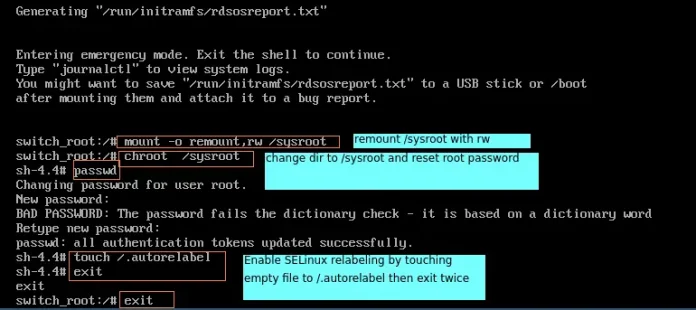Given three integers N, X and Y, the task is to check that if N! is divisible by XY
Examples:
Input: N = 10, X = 2, Y = 8
Output: YES
Explanation:
Factorial of 10 is – 3628800
and the value of XY = 28 = 256
Since, 3628800 is divisible by 256, therefore answer is YES.
Input: N = 5, X = 2, Y = 4
Output: NO
Explanation:
The Factorial of 5 is – 120
and the value of XY = 24 = 16
Since, 3628800 is not divisible by 16, therefore answer is NO.
Approach: The idea is to find the value of N-factorial and XY separately and then check if the value of N-factorial is divisible XY.
Algorithm:
- Calculate the value of N factorial
- Find the value of XY.
- Check that if the factorial of N is divisible by XY.
Note: This approach does not work for large values of N.
Below is the implementation of the above approach:
C++
// CPP implementation to check if// the value of the N! % X^Y == 0#include<bits/stdc++.h>using namespace std; // Function to check if N! % X^Y == 0 void check(int n,int x, int y){ int fact = 1; // Loop to calculate N-factorial for (int i = 2; i <= n; i++) { fact *= i; } int divisor = pow(x, y); // Condition to check if (fact % divisor == 0) cout << "YES"; else cout << "NO"; } // Driver Code int main() { int n = 10; int x = 2; int y = 8; // Function Call check(n, x, y); }// This code is contributed by Surendra_Gangwar |
Java
// Java implementation to check if// the value of the N! % X^Y == 0import java.util.*;import java.lang.*;class divisible { // Function to check if N! % X^Y == 0 public static void check(int n, int x, int y){ long fact = 1; // Loop to calculate N-factorial for (int i = 2; i <= n; i++) { fact *= i; } long divisor = (long)Math.pow(x, y); // Condition to check if (fact % divisor == 0) System.out.println("YES"); else System.out.println("NO"); } // Driver Code public static void main(String args[]) { int n = 10; int x = 2; int y = 8; // Function Call check(n, x, y); }} |
Python3
# Python3 implementation to check if # the value of the N! % X^Y == 0 # Function to check if N! % X^Y == 0 def check(n, x, y) : fact = 1; # Loop to calculate N-factorial for i in range(2, n + 1) : fact *= i; divisor = x ** y; # Condition to check if (fact % divisor == 0) : print("YES"); else : print("NO"); # Driver Code if __name__ == "__main__" : n = 10; x = 2; y = 8; # Function Call check(n, x, y);# This code is contributed by Yash_R |
C#
// C# implementation to check if// the value of the N! % X^Y == 0using System;class divisible { // Function to check if N! % X^Y == 0 public static void check(int n, int x, int y){ long fact = 1; // Loop to calculate N-factorial for (int i = 2; i <= n; i++) { fact *= i; } long divisor = (long)Math.Pow(x, y); // Condition to check if (fact % divisor == 0) Console.WriteLine("YES"); else Console.WriteLine("NO"); } // Driver Code public static void Main(String []args) { int n = 10; int x = 2; int y = 8; // Function Call check(n, x, y); }}// This code is contributed by 29AjayKumar |
Javascript
<script>// JavaScript implementation to check if// the value of the N! % X^Y == 0function check(n,x,y){ var fact = 1; // Loop to calculate N-factorial for (var i = 2; i <= n; i++) { fact *= i; } var divisor = Math.pow(x, y); // Condition to check if (fact % divisor === 0) document.write("YES"); else document.write("NO"); } var n = 10; var x = 2; var y = 8; // Function Call check(n, x, y);</script> |
PHP
<?php// php implementation to check if// the value of the N! % X^Y == 0function check($n,$x,$y){ $fact = 1; // Loop to calculate N-factorial for ($i = 2; $i <= $n; $i++) { $fact *= $i; } $divisor = pow($x, $y); // Condition to check if ($fact % $divisor === 0) echo("YES"); else echo("NO"); } $n = 10; $x = 2; $y = 8; // Function Call check($n, $x, $y); // This code is contributed by _saurabh_jaiswal?> |
Output:
YES
Performance Analysis:
- Time Complexity: O(N)
- Auxiliary Space: O(1).
Ready to dive in? Explore our Free Demo Content and join our DSA course, trusted by over 100,000 neveropen!




